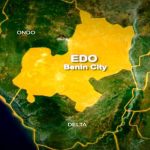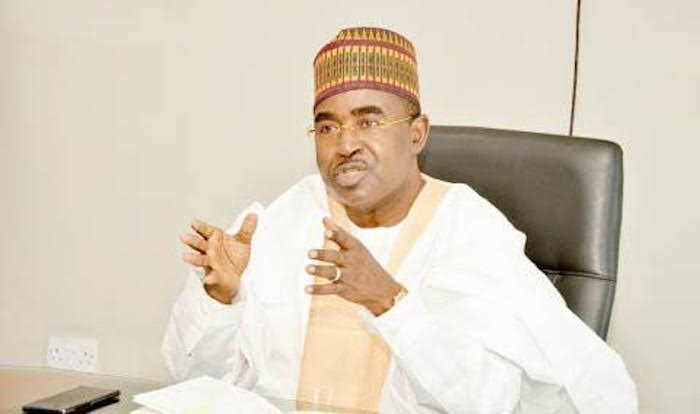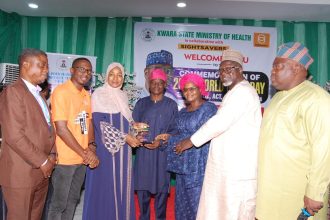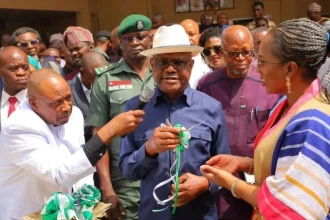The Federal government, in partnership with the Economic Community of West African States and the United Nations Office on Drugs and Crime, has begun drafting a new National Drug Control Master Plan (NDCMP 2026–2030) to tackle new threats in the country’s drug trade.
The five-day workshop to develop the plan started on Monday in Niger State. It is funded by the ECOWAS Commission and supported by UNODC.
Chairman of the National Drug Law Enforcement Agency (NDLEA), Brig. Gen. Buba Marwa (Rtd), urged participants to make sure the new plan addresses modern drug-related challenges such as synthetic drugs, dark-web trafficking, and illicit financial flows.
He said, “The task before us over the next few days is both strategic and historic. The drug problem continues to evolve, and so must our response. The NDCMP 2026–2030 must be visionary yet practical; comprehensive yet targeted; and nationally owned yet regionally and globally aligned.”
Marwa added that the workshop gives stakeholders a chance to discuss what has worked, identify gaps, and design new strategies to protect the health and security of Nigerians.
“This is not just about producing another document,” he said. “It is about charting a collective vision to safeguard the wellbeing of Nigerians.”
He promised that the NDLEA will continue to lead, coordinate, and support the implementation of the new plan. “We will keep strengthening collaboration with our partners within Nigeria and across ECOWAS because the drug challenge recognises no borders,” Marwa added.
The UNODC Country Representative, Cheikh Ousmane, who was represented by Dr. Akanidomo Ibanga, praised Nigeria’s commitment to drug control but noted that drug issues are changing rapidly.
“Global and regional dynamics — whether related to new psychoactive substances, organized crime networks, or the impact of conflict and economic pressures — all shape local realities. Our response must therefore be adaptive, coordinated, and inclusive,” he said.
He added that the new Master Plan will serve as a tool for harmonising national and international drug policies in line with global conventions and sustainable development goals.
Also speaking, ECOWAS Commissioner for Human Development and Social Affairs, Prof. Fatou Sow Sarr, represented by Dr. Daniel Amankwaah, said the support for Nigeria aligns with ECOWAS’ regional strategy to fight drug trafficking and reduce demand.
She said, “Nigeria’s current National Drug Control Master Plan will expire this year, and a new plan needs to be developed to address the emerging drug threats, trafficking patterns, and the increasing burden of substance use disorders.”
Amankwaah explained that ECOWAS is providing both technical and financial support to Nigeria to ensure the new plan is evidence-based and in line with regional and international best practices.
Other participants at the opening ceremony included representatives from the Federal Ministries of Education, Health, Agriculture, Budget and Planning, as well as agencies such as NACA, NAFDAC, EFCC, and NFIU.











